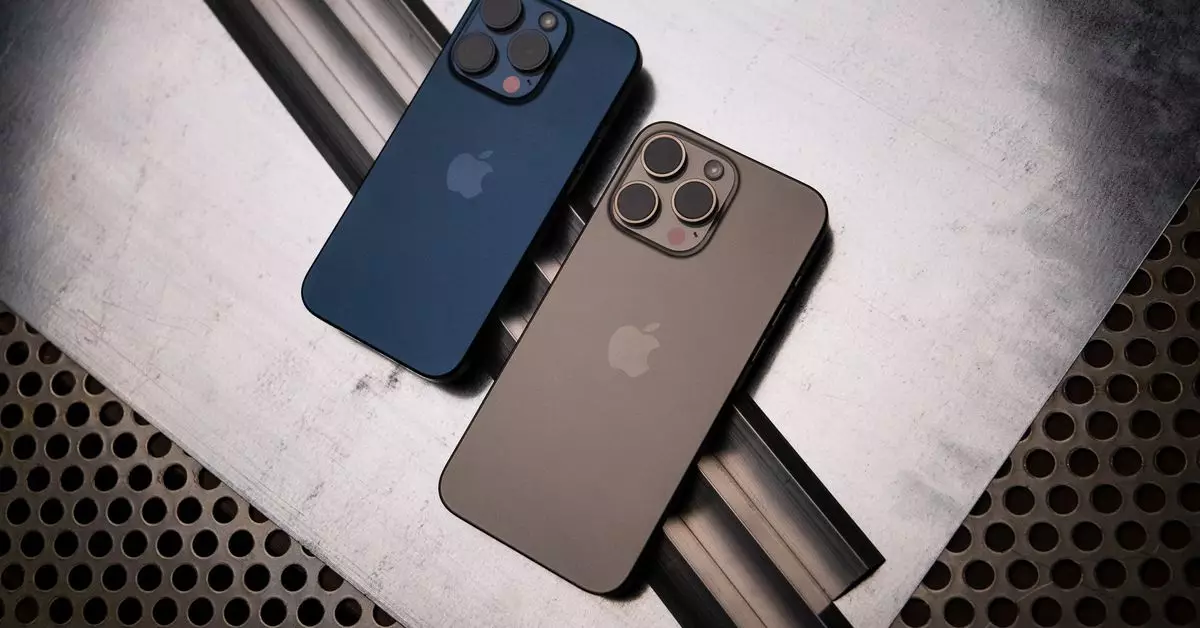Recently, Apple made the decision to reject submissions of iDOS 3, a new version of a popular DOS emulator, and UTM SE, an app that allows users to emulate operating systems like Windows on iOS. This move has sparked controversy among developers and the retro gaming community, as it brings into question the future of retro gaming on the App Store.
Apple cited guideline 4.7 of the App Review Guidelines as the basis for rejecting both iDOS 3 and UTM SE. This guideline specifically allows for retro game emulators but with the condition that they are emulating retro game consoles. In the case of iDOS 3, Apple argued that the app provides emulator functionality but does not specifically emulate a retro game console. This reasoning left the developer, Chaoji Li, with little clarification on how to make the app compliant.
Chaoji Li expressed his frustration with Apple’s vague feedback in a blog post, stating that Apple’s definition of a retro game console seemed unclear, resulting in an “unreasonable answer” from the company. Similarly, UTM’s rejection was based on the assertion that “PC is not a console,” despite the existence of retro Windows/DOS games that UTM SE could potentially run. This lack of consistency and clarity from Apple has left developers feeling at the mercy of the company’s decision-making process.
The rejection of iDOS 3 and UTM SE has raised questions about Apple’s guidelines regarding app functionality and compliance. While Apple typically does not allow just-in-time (JIT) compilation, UTM SE does not include this feature, adding to the confusion surrounding the rejection. Additionally, Apple clarified that guideline 4.7, which allows for certain software not embedded in the binary, only applies to App Store apps, further complicating the situation for UTM SE.
The rejection of these emulators has broader implications for the retro gaming community on iOS. Retro game enthusiasts who rely on emulators to play classic titles may find their options limited as a result of Apple’s decision. The lack of clear guidelines and inconsistent enforcement by Apple creates uncertainty for developers and users alike, highlighting the challenges of navigating the App Store ecosystem.
Some speculate that Apple’s decision to allow retro game emulators in response to antitrust scrutiny may have influenced its rejection of iDOS 3 and UTM SE. The company’s recent support for third-party app stores in the EU suggests a shifting stance on app store policies to comply with regulatory requirements. However, the rejection of these emulators raises concerns about Apple’s commitment to fostering innovation and diversity in the app ecosystem.
Apple’s rejection of iDOS 3 and UTM SE emulators underscores the challenges faced by developers seeking to provide retro gaming experiences on iOS. The lack of transparency and consistency in Apple’s review process leaves developers in a difficult position, with little recourse to challenge the company’s decisions. As the debate over app store policies continues, the future of retro gaming on iOS remains uncertain, raising important questions about the balance between innovation and compliance in the digital marketplace.


Leave a Reply